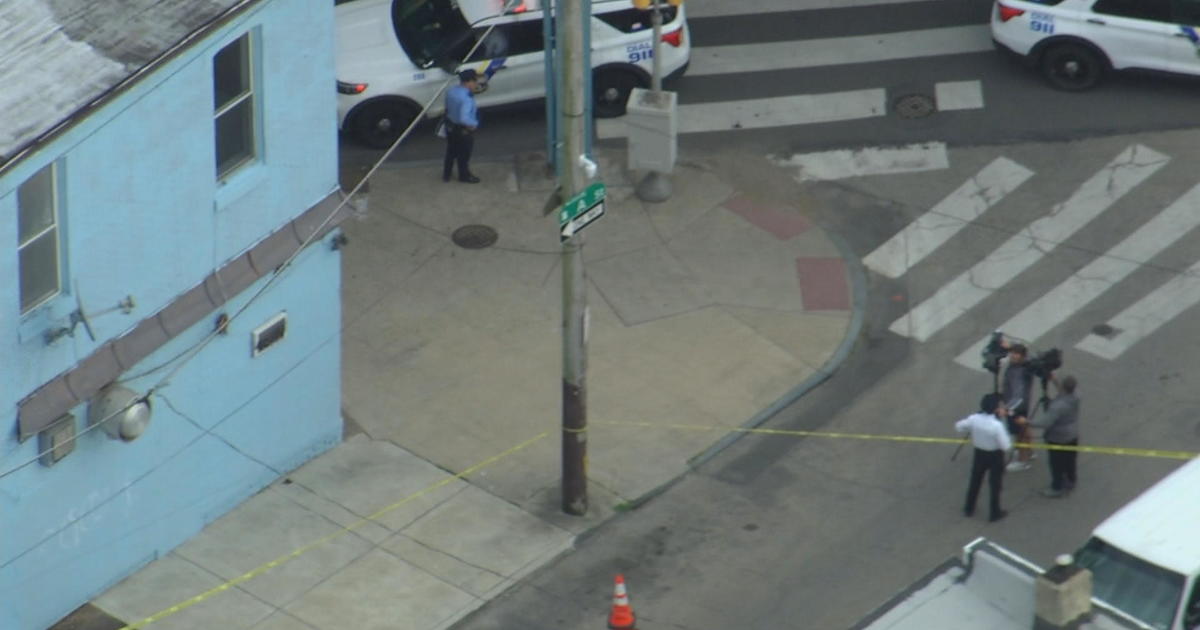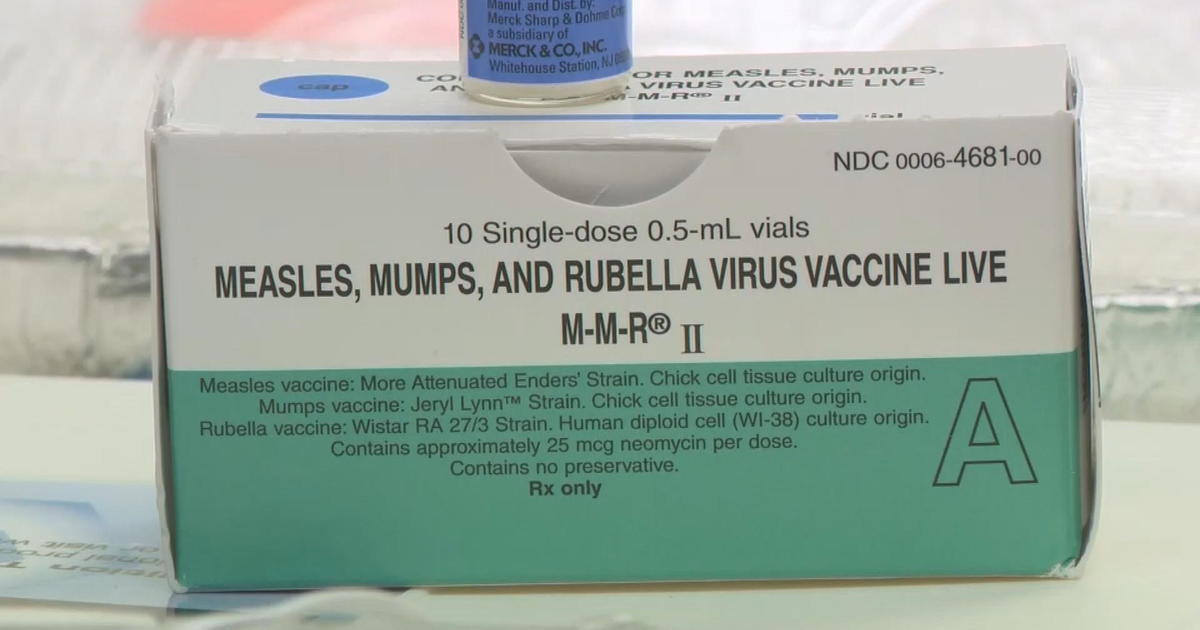Sudden Cardiac Death Study Hopes To Solve Commonly Misdiagnosed Disease
Follow CBSPHILLY Facebook Twitter
PHILADELPHIA (CBS) -- Tens of thousands of people are at risk for sudden cardiac death and many don't know. A new federal study is taking place in Philadelphia that could identify those at risk and save lives.
Sudden cardiac arrest is a leading cause of death in the U.S., killing more than 325,000 people each year. It often strikes young, healthy people with no warning.
A doctor at Jefferson University Hospital is among the lucky ones and now she's working with the Centers For Disease Control and Prevention to warn others.
When she's not working long hours in the emergency department at Jefferson, 41-year-old Jennifer White is busy with her four children, or working out and competing in marathons.
She's a picture of health, except for this.
"Actually, I fainted a lot," said White.
Five years ago she went into cardiac arrest and was eventually diagnosed with long QT syndrome.
"This is not subtle," she said. "This is very obvious, not always the case, it gets missed a lot."
It's a heart rhythm disturbance that creates a long interval on an electrocardiogram and it's a primary cause of sudden cardiac death.
"This is a death that's so horrible and tragic," White said. "We hear about it all the time in the news. It's the kid running track that's perfectly healthy and that's now dead."
It's missed a lot because of variations on EKGs and people pass out for a variety of reasons.
"They said I just was hungry or I was dehydrated and the right tests weren't done, so I understand that because I live that," White said.
Long QT is a genetic disease that can be confirmed with a blood test.
McDonald's, Burger King Among Nearly Two Dozen Burger Chains Given 'F' Over Antibiotics
After White was diagnosed, two of her children were too. They're all now treated with medication and Dr. White has an internal cardio defibrillator.
"It's been shown that if you're properly diagnosed and treated that your risk of sudden death goes down substantially," she said.
In addition to educating colleagues, Dr. White is also working with the Philadelphia Medical Examiner's Office on a new study funded by a CDC grant to study unexplained deaths in people under the age of 20. She suspects long QT syndrome will be responsible for some.
"So if they can find a genetic cause, they can go back and test the rest of the family so that one kid didn't have to die needlessly and the family has answers," White
And if loved ones test positive, they can be treated to reduce the risk of sudden cardiac death.
It's estimated there's a genetic cause for about 30 to 40 percent of all sudden cardiac deaths. Better awareness and testing will hopefully save lives.



